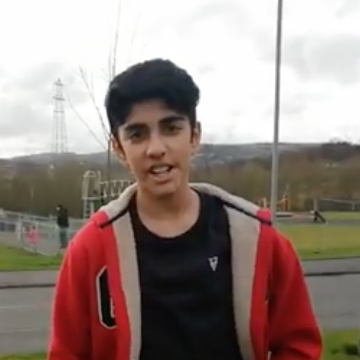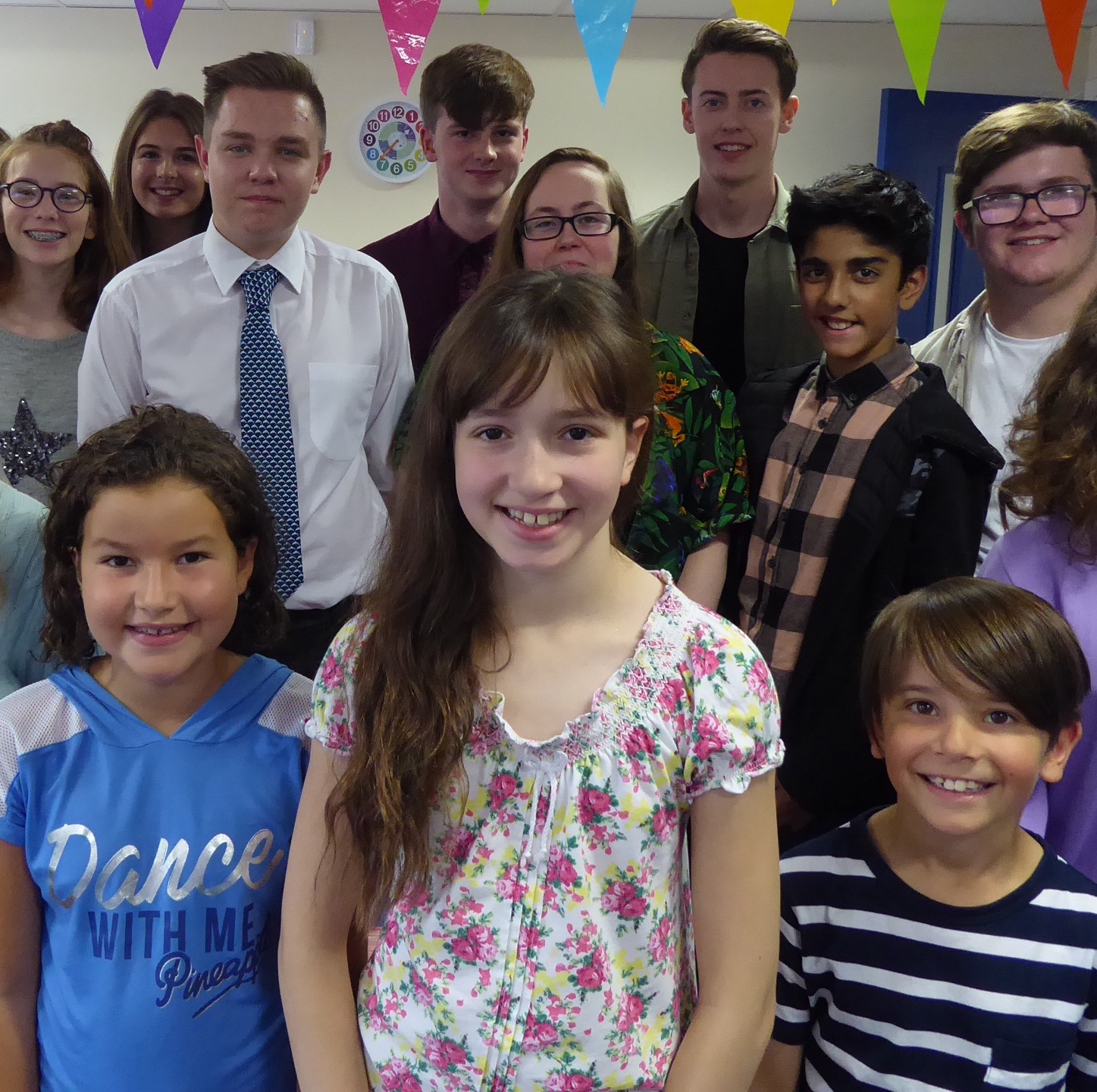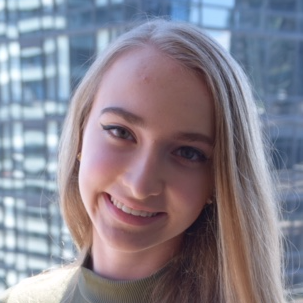Funding, rights, travel and trade top concerns for young people in Scotland’s post-Brexit relationship with Europe
25 November 2020
A group of children and young people have issued a series of calls about Scotland and the UK’s future relationship with Europe as part of a landmark participation project.
The Children and Young People’s Panel on Europe today publishes its report Young Brexit Voices: It’s Our Future Too, which gathers evidence and recommendations from a year of work looking at what impact leaving the EU might mean for them.
The key calls made by the Panel, which is supported by Children in Scotland and Together (Scottish Alliance for Children’s Rights) include:
EU Funding
- Youth services should retain the same level of funding as they currently do from the EU through replacement support
- Current spending levels on health and science research must continue or increase post-Brexit, with funding assured for research and infrastructure.
Rights
- Children’s rights to education and health, as set out in the UNCRC, must be met and strengthened after the UK leaves the EU. Information should be provided to support children and young people to learn about politics and big decisions like Brexit so they can form their own opinions, influence decisions and have their voices heard.
Opportunities to Work, Study and Travel
- Accessible, child-friendly information is urgently required about changes in this area from 1 January 2021.
Economy, trade and jobs
- The minimum wage should be increased to the same level for all, including 16-24 year-olds
- High standards need to be maintained in trade, particularly in relation to quality of imported food.
The Panel, comprising 19 members aged 8-19, all of whom were too young to vote in the EU referendum, is funded by Scottish Government EU Directorate, and is making its recommendations to the Scottish Constitution and External Affairs Secretary, Michael Russell MSP.
Commenting on her experience as a member of the Panel, Beccie said:
“The Panel has allowed me to meet with key decision-makers and take young people’s views right to the top.”
Amy Woodhouse, Children in Scotland’s Head of Policy, Projects and Participation, said:
“Young people’s views have been given little attention through the Brexit process, despite it being obvious that it is our next generation who will be most affected by the post-Brexit settlement.
“The recommendations in this report demonstrate the wisdom and expertise young people can bring to the issue of Brexit and the coming change in our relationship with Europe. We’re grateful to all the Panel members for their participation, commitment, and the fantastic quality of their insight.”
Juliet Harris, director of Together, said:
“Children and young people have strong opinions about the kind of Scotland they want to grow up in, and yet they often struggle to get their views heard.
“The UN Convention on the Rights of the Child is clear that children have the right to have their views taken into account in all decisions that affect them. We look forward to Scottish Government and all those involved in the Brexit negotiations listening to and acting upon the Panel’s calls.”
Responding to the report’s publication, Constitution and External Affairs Secretary Michael Russell said:
“I would like to thank the members of the Children and Young People’s Panel on Europe for their dedicated work - much of it undertaken in the very difficult circumstances of the Covid pandemic - to investigate, and articulate, the views of young people from all over Scotland on the challenges posed by Brexit.
“They have identified the issues of rights, funding, the ability to travel, study and work overseas, the economy and jobs as areas where young people have particular concerns.
“As the report correctly concludes, we are all going to be living with the consequences of Brexit for years to come.
“So the Scottish Government will study the report carefully, and we will seek further opportunities to listen to the views of young people on these critically important questions.”
The report is the culmination of a year’s work by the Panel, including correspondence and meetings with key decision-makers across civil society, development of resources, and a social media campaign.
The first phase of the Panel’s work took place from July to December 2018.
Click here to download Young Brexit Voices: It’s Our Future Too
The Panel’s first report, Listen to Us, was published in February 2019. Click here to read the report.
Media contact:
Chris Small, csmall@childreninscotland.org.uk
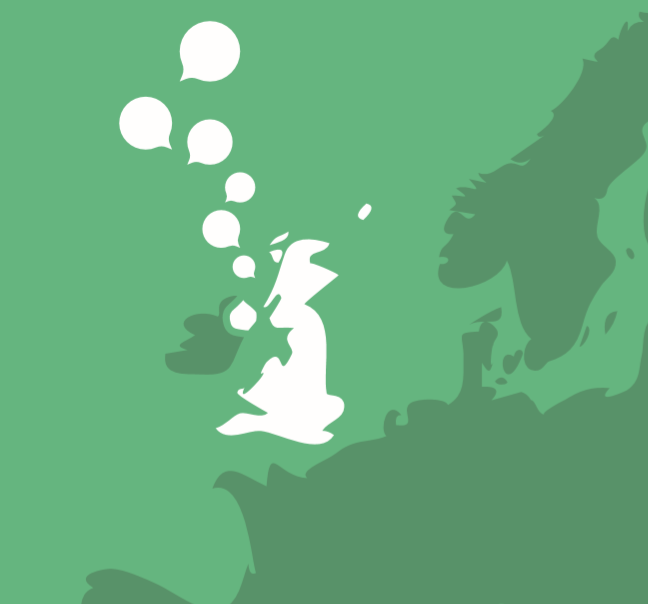
Young Brexit Voices: It's Our Future Too
The Panel's new report features key calls on our future relationship with Europe
Click here to read the report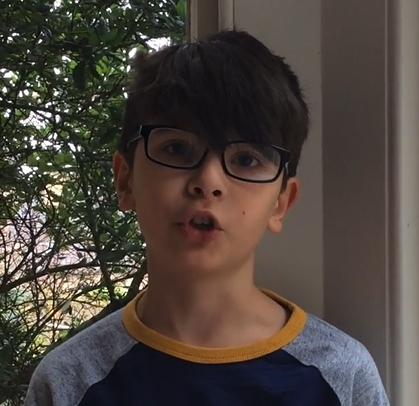
Voices and views of Panel members
The Panel has produced a short film about their work and recommendations
Click to watch the film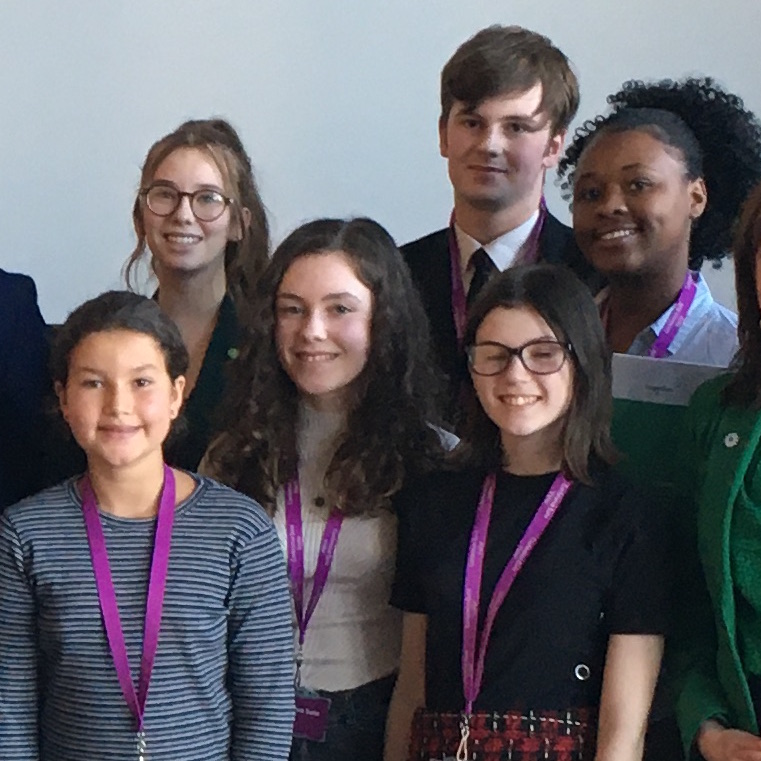
About the Panel's aims and activities
Young people's views on EU withdrawal are being amplified through the Panel's work
Click to find out more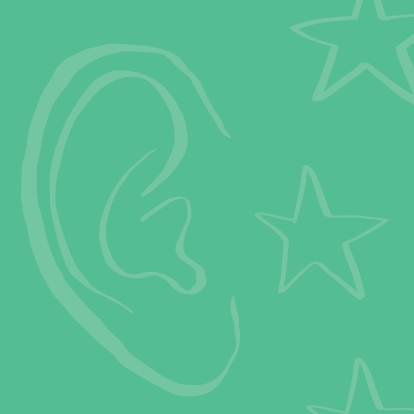
"Listen to Us"
The Panel's phase one project report, Listen To Us, was published in February 2019
Click to read the report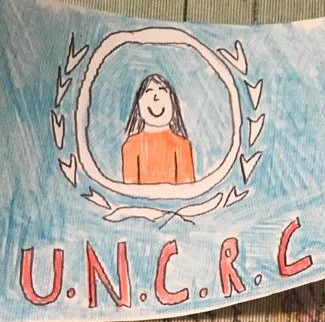
The Scottish Alliance for Children's Rights
Our project partners Together work to improve understanding of the UNCRC
Click to find out more
Our project work
The Panel on Europe is just one of our participation projects
Click to find out more